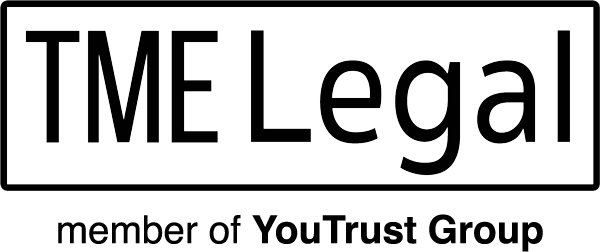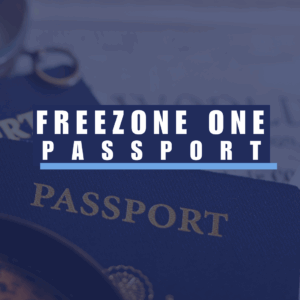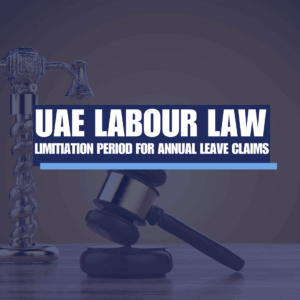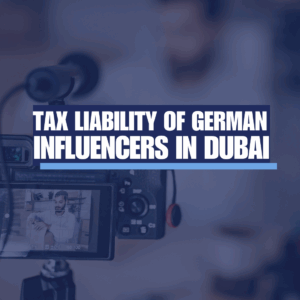The United Arab Emirates (UAE) has established a comprehensive legal framework to protect employees from discrimination and harassment in the workplace. This framework is primarily anchored in the Federal Decree-Law No. 33 of 2021 on the Regulation of Labour Relations (“Labour Law”), supplemented by the Federal Decree-Law No. 34 of 2023 on Combating Discrimination, Intolerance and Hatred, and the Cabinet Resolution No. 43 of 2018 on Occupational Health and Safety. Collectively, these instruments create both preventive and remedial mechanisms that safeguard employee rights and delineate the obligations of employers.
I. Legal Basis for Protection Against Discrimination
The principle of equal treatment is explicitly enshrined in UAE labour law. Pursuant to Art. 4(1) Labour Law, employees must not be subjected to discrimination based on race, colour, gender, religion, national or social origin, or disability. This prohibition applies to all stages of the employment relationship, including recruitment, promotions, remuneration, and termination.
Additionally, Art. 27 Labour Law establishes that employees are entitled to equal pay for equal or equivalent work, irrespective of gender, thereby concretising the principle of pay equity in accordance with international standards such as ILO Convention No. 100.
The scope of protection is further reinforced by Federal Decree-Law No. 34 of 2023, which criminalises discrimination and intolerance on the basis of religion, belief, race, colour, or ethnic origin (Arts. 2 ff.). Employers who tolerate discriminatory practices in the workplace may therefore face both civil and criminal liability.
II. Harassment, Bullying, and Workplace Violence
A central aspect of the UAE’s legal framework is the prohibition of harassment. Art. 14 Labour Law explicitly prohibits all forms of bullying, sexual harassment, and verbal, physical, or psychological abuse in the workplace. This provision is to be interpreted broadly and encompasses repeated intimidation, threats, or demeaning behaviour that could harm an employee’s dignity.
In conjunction with Law No. 34/2023, a dual protection system emerges: the Labour Law imposes preventive and remedial obligations on employers, while Law No. 34/2023 provides for criminal sanctions in cases of severe misconduct. Together, these provisions offer a comprehensive legal shield, encompassing both civil remedies and criminal accountability.
III. Occupational Health and Safety Framework
Cabinet Resolution No. 43 of 2018 on Occupational Health and Safety specifies employers’ duties regarding workplace safety. According to Art. 3, employers must ensure a safe and healthy work environment, protecting both the physical and psychological well-being of employees.
This obligation extends beyond conventional safety measures to include psychosocial risks arising from discrimination or harassment. Employers are therefore required to implement internal policies that ensure confidential handling of complaints, protection against retaliation, and preventive measures such as training and awareness programmes.
IV. Enforcement and Sanctions
Employees who experience discrimination or harassment may file a complaint with the Ministry of Human Resources and Emiratisation (MOHRE) pursuant to Art. 54 Labour Law. MOHRE initially conducts a conciliation process; unresolved cases are referred to the competent labour courts.
Violations of anti-discrimination and anti-harassment provisions expose employers to substantial fines. Under the Labour Law, penalties may reach six-figure AED amounts depending on the severity of the violation. Law No. 34/2023 further provides criminal sanctions, including imprisonment and significant fines, for acts of discrimination or hate speech.
Non-compliance with Cabinet Resolution No. 43/2018 may also trigger administrative sanctions, including financial penalties and, in repeated cases, temporary closure of the establishment. Employers thus face significant legal and reputational risks if they fail to fulfil their prevention and protection obligations.
V. Recommendations for Employers and Employees
Compliance with these legal provisions requires structured governance by employers. Recommended measures include:
- Implementation of clear anti-discrimination and anti-harassment policies, accessible to all employees;
- Establishment of confidential reporting mechanisms and safeguards against retaliation;
- Regular training programmes for staff and management to promote awareness and prevention;
- Documentation and internal monitoring of incidents to mitigate legal and reputational risks.
Employees, in turn, should be aware of their rights, document any incidents of discrimination or harassment, and initially utilise internal reporting mechanisms. If the matter is not adequately addressed, complaints may be escalated to MOHRE, and claims can be pursued before the labour courts.
VI. Conclusion
Through the combined application of Labour Law (Federal Decree-Law No. 33/2021), Law No. 34/2023, and Cabinet Resolution No. 43/2018, the UAE has established a modern, multi-layered framework for protecting employees against discrimination and harassment. Both employers and employees are responsible for ensuring compliance, not merely as a legal obligation, but as a core element of sustainable corporate culture. Only through consistent prevention, internal transparency, and legal enforcement can a discrimination-free and safe workplace be effectively maintained.




